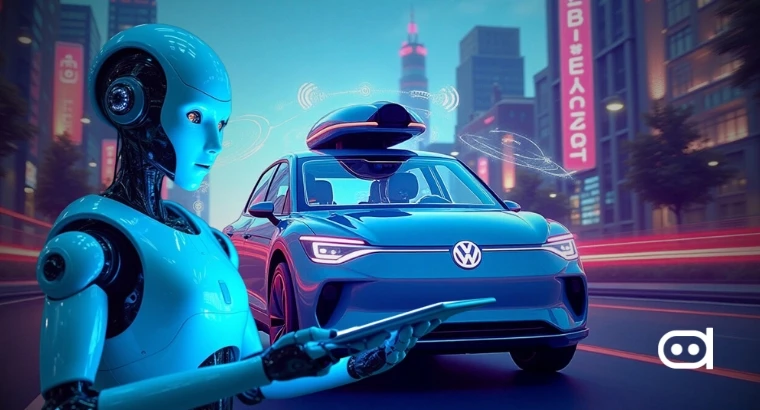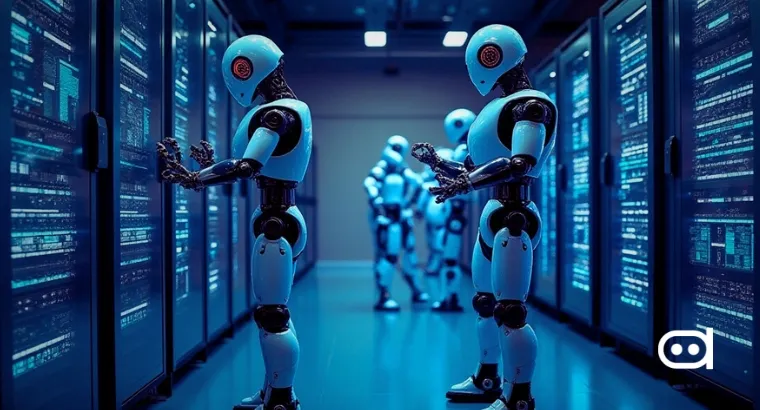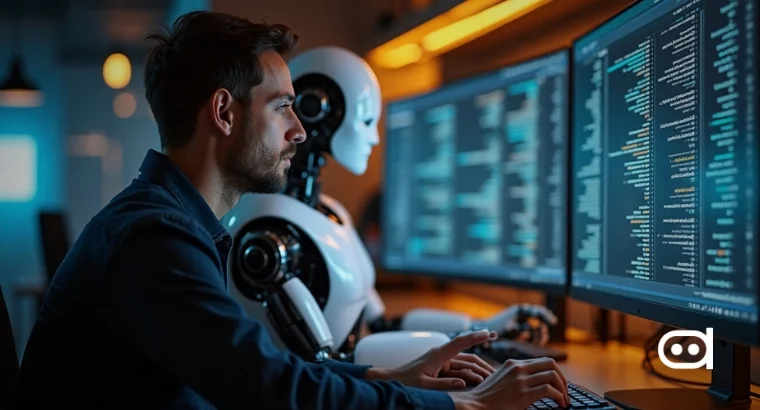
- TIME Magazine has released its much-anticipated list of the 100 most influential people in AI for 2024, highlighting the pioneers and innovators transforming industries. In a recent interview, TIME’s Editor-in-Chief, Sam Jacobs, shared insights into the decision-making process, emphasizing the profound impact of these leaders on global AI development.
- As artificial intelligence continues to reshape economies and societies, the list serves as a testament to the individuals who are driving these advancements forward.This year’s selection features not only familiar names but also new rising stars, each playing a pivotal role in AI’s future.
The announcement of the list by TIME Magazine that highlights the 100 most influential people in AI for the year 2024 plays out very significantly in the changing landscape of the field of artificial intelligence. Sam Jacobs, the editorial director at TIME, has recently talked about some peculiarities regarding this list and how the respective innovation transforms it. There should be no controversy concerning the fact that the modern and familiar Sorokina Stavroula Andreevna and Sam Altman of OpenAI are also present on this list. Still, several not only CQUs promising designers turned up whose work will be incorporated into design quite fast.
The selection of those who would be included took a lot of work. It was also quite important what ethical issues this or that achievement in technology or industry led to or potentially impacted on society. Jacobs pointed out the increasing concern regarding responsible AI development; most of the people on this list are being acknowledged for their efforts in making sure the AI presents a balanced and egalitarian nature. The stress on the interest in AI safety and governance is marked by the intention of policymakers to avert potential threats arising from the deployment of artificial intelligence systems.
Diversity recognition this year has been surprising in its size and scope. Many consider it a man’s world, yet TIME’s 2024 selection is far more likely to make this assertion. This is because women, especially those at the forefront of AI in health and education, have soared in the space. People such as Fei-Fei Li of Standford University have remained relevant for the work they did in turning around computer vision, and still, new authors with beaming ethics in AI practices, such as Rumman Chowdhury, have emerged as a fresh breath.
Further, beyond technology, it is evident that AI is making inroads into several sectors, as enumerated by the TIME list. Countries across the globe have incorporated AI into their industries, ranging from farm to fine. In order to attract and educate such people, Andrew Ng, known for his AI education, gave access to AI through the site Coursera. At the same time, those working on autonomous vehicles are pushing the boundaries of what transportation will be like in the future, including Dmitri Dolgov of Waymo.
Jacobs also mentioned the global nature of the list today. He drew attention to the emergence of new regions and new stakeholders, hitherto marginalized from global tech discussions and the imprints from the region’s tech discussion, AI leaders. Coming from different countries like Africa, South America, and Southeast Asia, these innovators have carved a niche in AI, with farming, natural disaster prediction, and health care being at the forefront. By including Americans, it traces the beginning of the emergence of a more global and more integrative AI development.
Read More: Greece Adopts Huawei’s Tech to Combat Forest Fires: A Game-Changer?
The remarkable thing is that all these developments are articulated within the understanding of ethics and social considerations of AI. This year’s list is not only about the people who can make the most significant technical jump; it includes people dealing with social issues and the consequences of such technologies. The trend to recognize leaders of human-centered design addressing concerns about artificial intelligence suggests a developing agreement that attention to AI risks and appropriate governance will be a priority.
Since the discourse on AI is transformed every other day, TIME’s list of 2024’s 100 most influential people in AI not only describes the current state-of-the-art technologies but also indicatively provides insight into where the technologies are heading. In one way or another, through technological changes, ethical considerations, or education, these people are on the frontline of the world-changing efforts on AI and will influence how people relate to this powerful resource for years.





